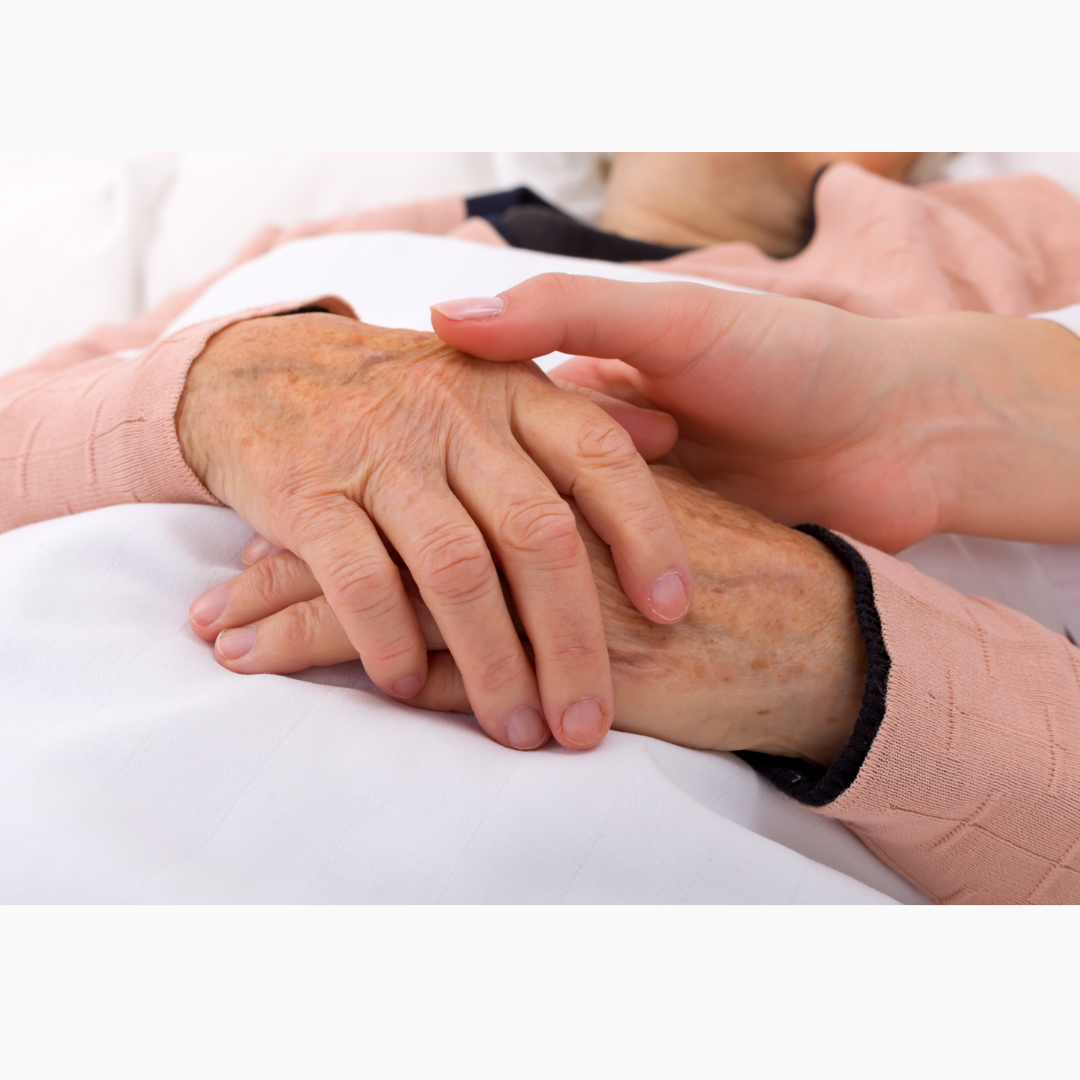Imagine a scenario where, due to an unforeseen medical event, you find yourself incapacitated, unable to voice your healthcare preferences or decisions. It’s an uncomfortable thought, yet it’s a reality that can strike anyone at any time, regardless of their current health status. This underscores the necessity of having a personal health directive, often known as a living will or medical power of attorney.
The consequences of not having a health directive can profoundly affect both you and your loved ones. Without this essential document, here are some of the critical situations you and your family might face:
Decision-Making Comes to a Halt
Without a designated person to make healthcare decisions on your behalf, medical professionals are left in a challenging position. They are constrained by legal and ethical guidelines that typically err on the side of prolonging life, potentially in ways that you might not prefer. Decision-making regarding your healthcare can be severely delayed, as doctors may need to seek court orders to proceed with or cease certain types of medical treatments.
Family Powerlessness and Conflicts
In the absence of a health directive, your loved ones are stripped of the ability to act on your behalf. This can lead to feelings of powerlessness and frustration, as they may know your preferences but lack the legal authorization to ensure they are followed. Furthermore, without clear guidance from you, family members might disagree on the best course of action, leading to conflicts that can escalate into legal battles, driving wedges between loved ones during an already distressing time.
Legal and Financial Complications
When decisions are at a standstill, and legal intervention is required to proceed with medical treatment or discontinuation, the process can be lengthy and financially draining. The costs associated with court proceedings or legal consultations can add considerable strain to an already emotionally taxing situation. These funds could otherwise contribute to medical bills or support for recovery.
Impersonal Medical Decisions
Without your personal input, medical decisions are made based on general healthcare principles and the clinicians’ professional judgments. This might result in a course of treatment that doesn’t align with your values, beliefs, or preferences. A health directive ensures that your voice is heard, even when you cannot speak, making your healthcare experience as personalized and respectful of your wishes as possible.
How to Safeguard Your Preferences and Loved Ones
Creating a health directive may seem daunting, but it’s a straightforward process that can save a significant amount of stress and uncertainty. Here’s how you can begin:
- Consult with Healthcare Professionals: Understand the types of decisions that might need to be made if you’re unable to make them yourself. This can help you think through your preferences wisely.
- Legally Document Your Wishes: Whether it’s appointing a medical power of attorney or creating a living will, make sure your decisions are recorded in a legally recognized format.
- Communicate with Your Designated Decision Maker and Loved Ones: Ensure those close to you, especially the person or persons you’ve designated to make decisions, understand your preferences clearly.
- Review Regularly: Over time, your wishes might evolve. Regularly review your health directive to ensure it still reflects your current preferences.
Taking the initiative to prepare a health directive ensures that, even in the most vulnerable moments, your healthcare choices are respected, and your dignity is upheld. More than a legal document, it’s an act of kindness towards yourself and a gift of clarity and guidance for your loved ones during difficult times.
Got questions about estate planning? Reach out to us for a complimentary consultation and see how we can assist you in putting together a personal directive that outlines your wishes clearly and ensure you have all the legal documents you need when planning your estate needs.


